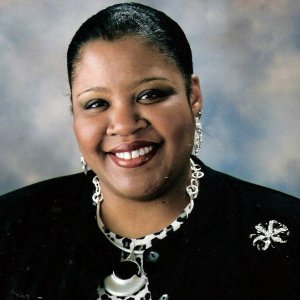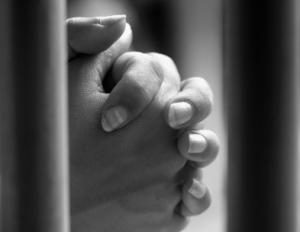By Bonnie Sestito
The 13th annual Ecumenical Advocacy Days (EAD) gathering has come and gone, but the work is not over. Approximately 1000 men and women of faith came together to explore “Breaking the Chains: Mass Incarceration and Systems of Exploitation.”
The U.S. makes up only five percent of the world’s population yet holds nearly a quarter of the world’s prisoners. Still, “imprisonment” is a worldwide problem and takes various forms, as everywhere people around the world remain trapped in detention centers, prisons, factories and drug wars that bind and dehumanize individuals for political or economic profit. At EAD we confessed our personal and corporate failure to break the chains of poverty, racism, and greed institutionalized in our laws, economy and social behaviors that collude to perpetuate such human exploitation and strip civil and human rights.*
Human exploitation is the unethical, selfish use of human beings for the satisfaction of personal desires and/or profitable advantage. Plenaries, workshops, and films covered human trafficking including sex and labor, family detention for the undocumented, justice systems regarding the war on drugs, lack of education for girls, and more. My focus was on issues pertaining to women and girls.
EAD was intense and overwhelming. But at the end of the day, I found it very informative, educational and empowering. Statistics change. New information is shared and learned. Do you know that:
- one in seven teenagers run away from home;
- parents who are addicted to drugs sometimes “rent out” their children even as young as two months old for money to buy more drugs and pay bills;
- boyfriends can be pimps;
- one in ten men sitting in the church pews are buyers of commercial sex, but we are not talking about it; and
- girls are married off as young as nine years old?
I took in as much information as my mind and emotions would allow. The injustices towards women and girls are far greater than the short list mentioned. Generally speaking, men create the demand; women and girls are the supply. Human exploitation will not change until we all take action. Get the facts. Promote awareness. Connect to a local task force, coalition, or service. Volunteer your professional skills. Buy fair trade products. Know who your representatives are. Write, email, or call them. They want to hear from their constituents.
After I returned home from EAD to digest what I heard and learned, I finally felt like I could do something. I could make a difference or at least I could try. I was given the tools to do a lobby visit. I understood that gathering toiletries for women in prison is thoughtful and generous, and purchasing jewelry or bath products made by survivors of trafficking is supportive and worthwhile.
EAD 2015 is over but the work is just beginning. As an individual, my goal is to move from charity to justice. As American Baptist women and girls, I can only image what could be accomplished if we banded together just as the women of 1931 raised over-and-above monetary gifts to enable the denomination to continue its crucial ministries during the Great Depression. What could we accomplish today if we once again raise our voices together? “Speak up for those who cannot speak for themselves, for the rights of all who are destitute. Speak up and judge fairly; defend the rights of the poor and needy,” (Proverbs 31:8-9).
*From program booklet for Ecumenical Advocacy Days, 2015.
For more information about Ecumenical Advocacy Days, visit www.advocacydays.org. You may see photos of the 2015 event and watch videos of 2015 plenary speakers. 2016 Ecumenical Advocacy Days are April 15-18, 2016, at the DoubleTree Hotel by Hilton Washington, D.C., Crystal City.
 Bonnie Sestito serves as Coordinator of Mission with Women and Girls for American Baptist Women’s Ministries.
Bonnie Sestito serves as Coordinator of Mission with Women and Girls for American Baptist Women’s Ministries.











